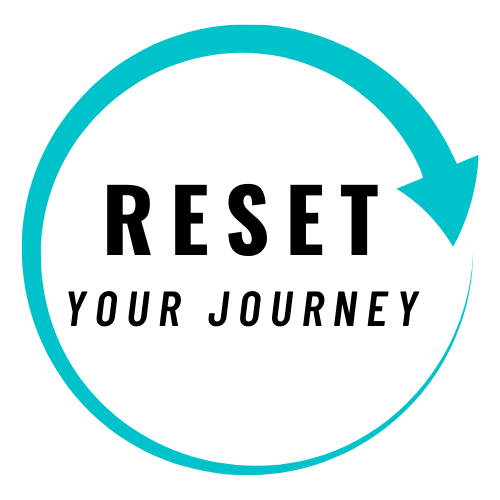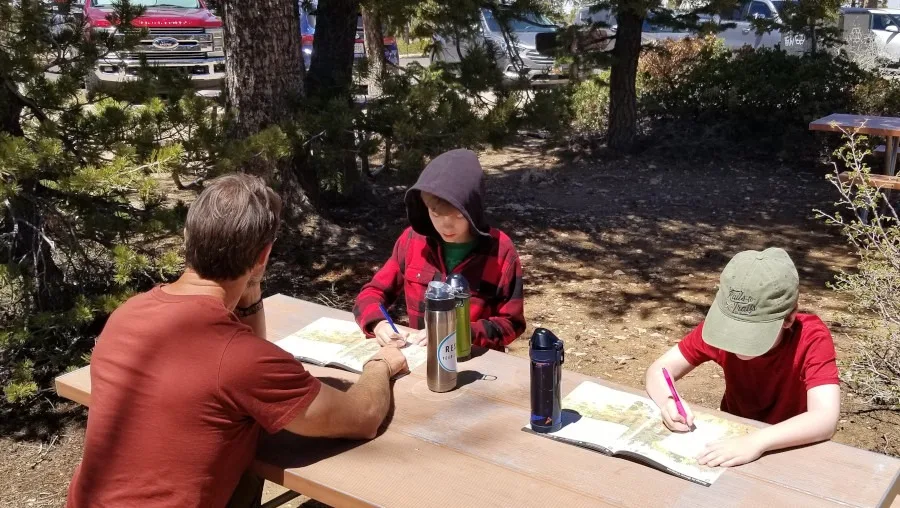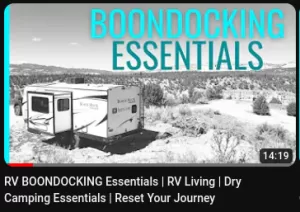Last Updated on 04/07/2024 by Glynn Willard
How do you road school your kids?
RV homeschooling is a great way to enhance your child’s education through life lessons, life experiences, and your own lesson plans.
When it comes to subject matter, it’s not any different than homeschooling in a traditional home.
Let’s just say, it’s enhanced!
Taking the homeschool leap with younger kids is one thing, but what about road-schooling your children?
- Does your homeschool curriculum just get thrown out the window (literally)?
- And what about your state’s homeschool laws?
I’ve been homeschooling my two children since 2015 in a house, as full-time RVers and now as a part-time RVer.
Any road trip is a unique opportunity to make education more tangible.
One could even say that road trips become field trips.
If you’re considering road schooling your children, let me just say, it’s an experience none of you will forget!
What Is Road Schooling?
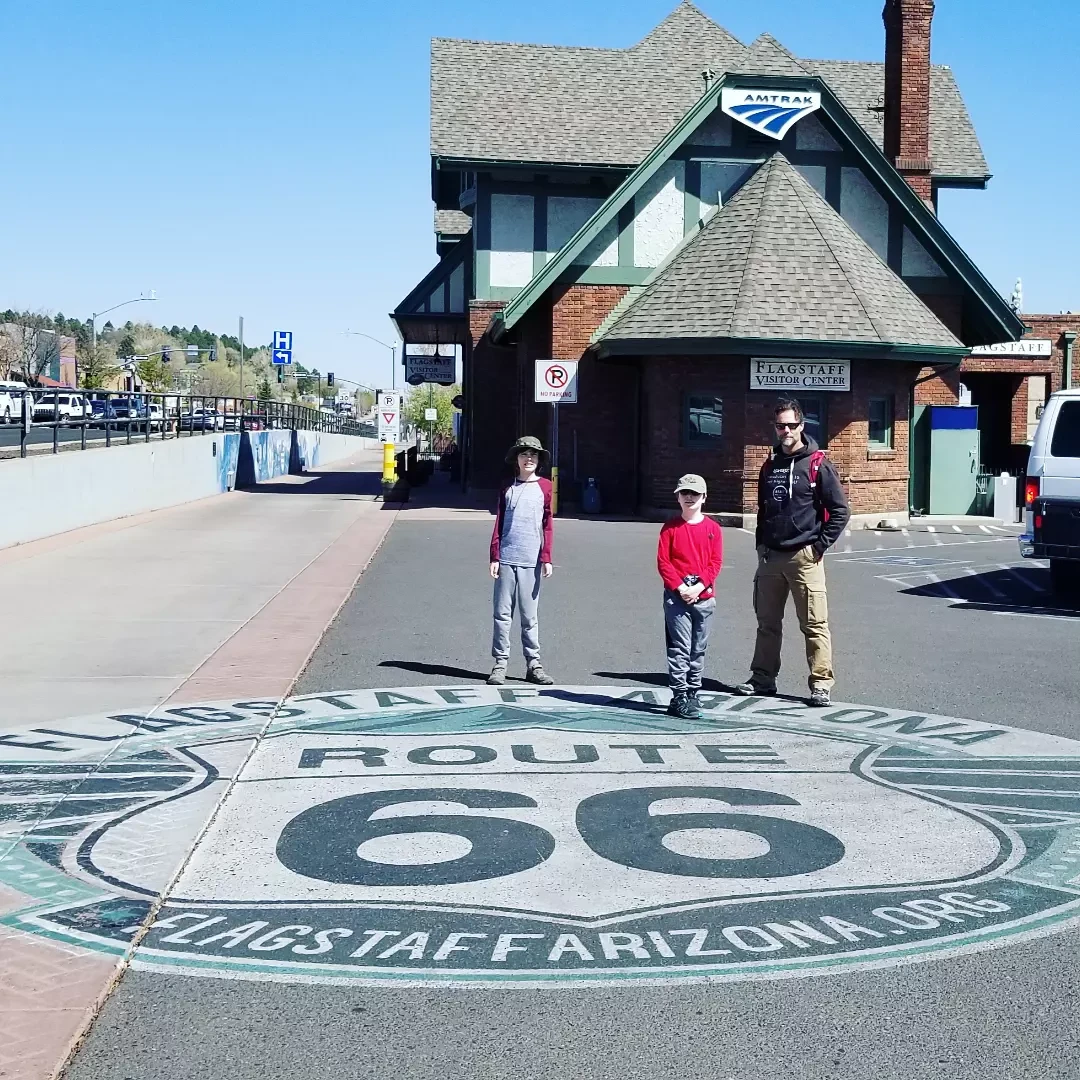
Road schooling says it all.
It is teaching your kids while traveling on the road. No matter how long you do it.
It’s that simple.
Who says school work has to be done in a public school or private school?
Why not on a picnic table in a national park?
You have the flexibility to turn roadschooling into anything you like and as much time as you like.
Not just the typical school subjects.
There are endless homeschooling resources spread all over the country (or the world for that matter).
A quick Google search for “full-time families road schooling” will unveil a growing trend of teaching your kids academics and life skills while traveling.
Benefits of Road Schooling
The key to road schooling is learning through experiences!
Listen and learn your children’s interests and you may just find yourself in museums or nature centers they love.
We (and our kids) are also constantly researching and learning about new things and places as we go.
The bond you create with your child happens naturally with the amount of time spent with them on the road.
If you have the desire to nurture this relationship, then road schooling might be for you.
And the beauty of homeschooling is it can be done anywhere!
By having less and living more simply you will have the time and patience to listen and connect with your child.
Here are a few examples, benefits, and ideas:
- Kids learning geography? What better way than to show them every state!
A map is forgettable, but experiencing the state is memorable. - We dove heavily into geology while boondocking in Utah, Arizona, and Nevada.
Pictures of geologic formations or types of rocks pale in comparison to experience the variations in person. - How about history? Experiencing a historical site firsthand makes for a real memory!
Text books are boring for most kids, but seeing a historical site in person is engaging and unforgettable. - Studying marine biology? How about camping near a university’s coastal marine research facility? They have a ton of resources.
Many academic research facilities showcase public exhibits that makes those subjects more exciting for school age children. - And not to mention, there’s a museum for just about every subject you can cover.
Many of the subjects on your curriculum can be supplemented with a great museum somewhere in the country. When you’re mobile, it’s accessible.
These are just a few of the many benefits of road schooling.

For Gavyn, the mechanics of an engine is educational.
Where To Begin With Road Schooling
First, you will need to look into your state’s homeschooling laws.
Go to the HSLDA site to find out the laws in your state.
Then, you need to know your homeschooling intentions.
For example:
- Will this be short term or long term?
- How much formal schooling do you want to do?
- What will your typical school day look like?
- How flexible will you be with your schoolwork?
- How can you coordinate your education program with your state’s requirements?
We don’t do a lot of formal sit-down work.
We only do 3-4 hours per week of the 3 R’s.
Some of it comes from online resources or our own lesson plans based on our formal education.
The rest comes from earning Jr. Ranger Badges from National Parks and Monuments.
Although, we’ve just aged out of that benefit.
We use the remaining time to dive more into their interests. This usually involves museums and historical sites.
While traveling, we’ve even found experts in their field of interest and asked for demonstration/education.
It’s amazing how open people are to mentoring a child! We’re so thankful!
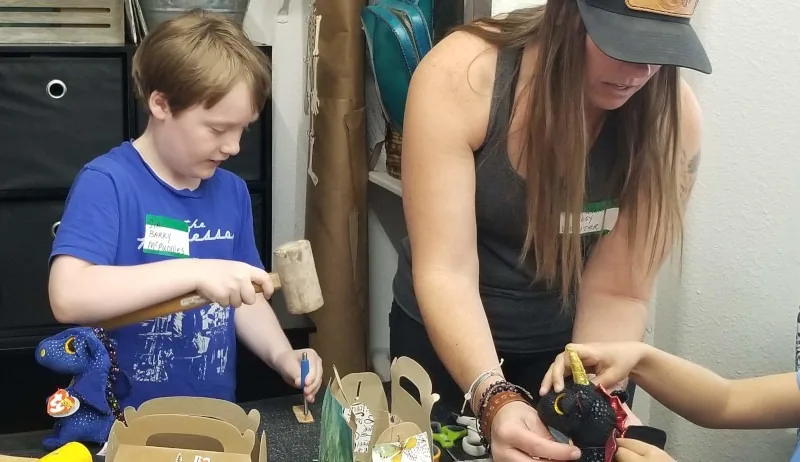
An expert in leather working introduces Zach to the skills.
Encourage your child to read for pleasure and lead by example. Immerse your child in all aspects of travel.
Let them help you plan, navigate, set up the RV, help cook, help clean, and even help budget.
All are great options while full-time RVing and real-life skills they will need anyway.
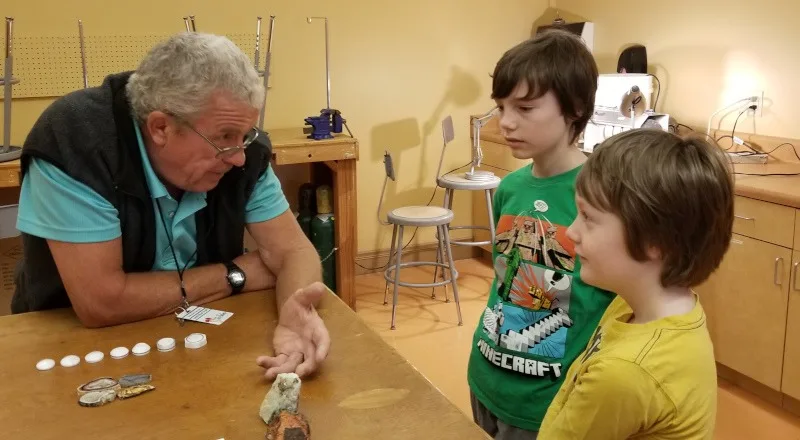
A PhD in Geology takes the time to teach the boys about rock polishing.
What Curriculum For Road Schooling?
We tend to stick to just the nuts and bolts of learning so we can spend more time out in the real world.
Here’s the gist of our road schooling curriculum (both online learning and with traditional materials):
- Mathematics: We initially began with Math-U-See, but slowly evolved to miacademy and writing our own curriculum.
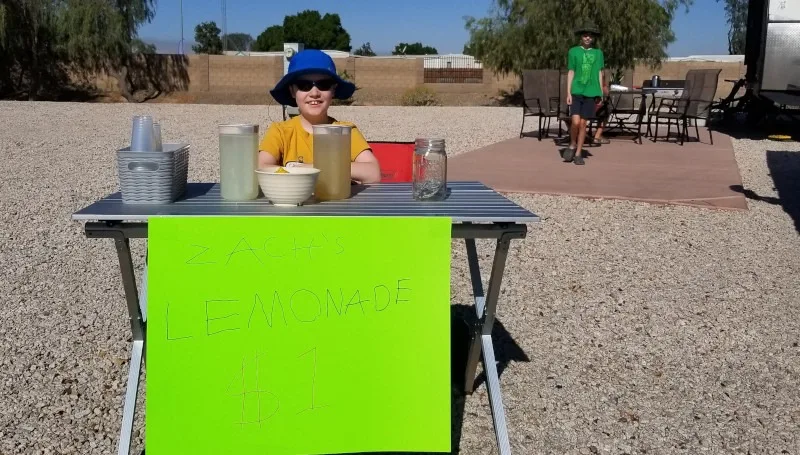
Learning the early stages financial overhead, break even and profit.
My husband, Glynn does the same math lesson with them for a week before moving on to a new lesson. He covers algebra, geometry, consumer math, and business finance. He finds real-world applications to go with each lesson. - Reading and Phonics: We taught our kids to read initially with Logic of English, Get Ready for The Code and Explode The Code workbooks. Once that was accomplished, we encouraged reading as much as possible.
Our older child is mildly dyslexic and it has been a bit of a struggle for him.
But time and a strong interest in comic-style books and Minecraft have helped him greatly!
My boys love reading comic-style graphic novels such as, “Dog Man”, “Garfield”, “Calvin and Hobbes”, “Minecraft”, “Investigators,” and “Goosebumps”.
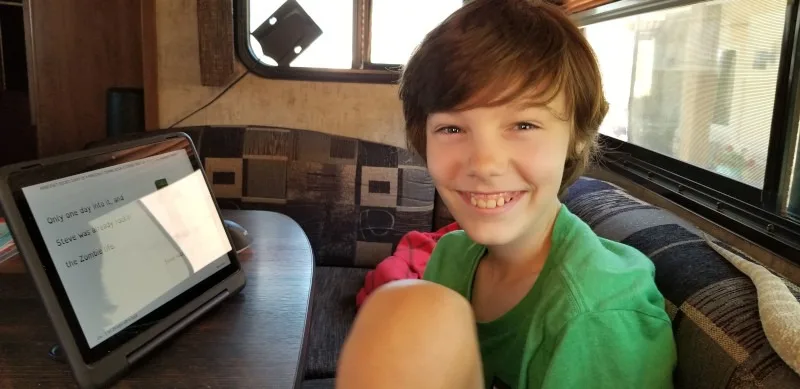
Gavyn enjoys reading when it’s worthwhile to him.
We also love listening to audio books and they’re especially great for in the car on travel days.One of my fellow seasoned homeschool moms once told me that up until about age 8 you are teaching your kids to read, and then after that, they are reading to learn. I agree.
- Writing: Writing skills are important, but my kids are a little late to the game.
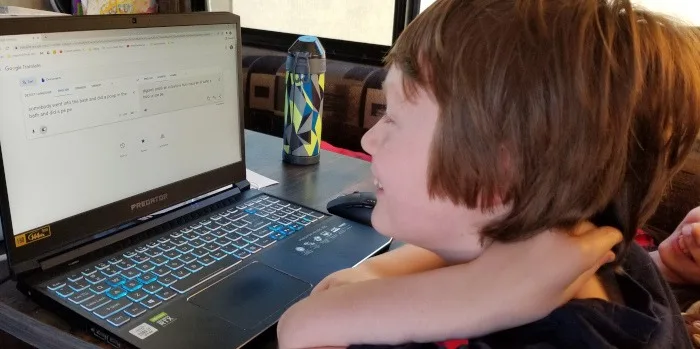
What every little boy is thinking…
They will write, but they have to want to write.There are many ways to communicate. So, if your child struggles with writing, maybe they are great at another form of communicating.
Think about the world today, some people have blogs, others do podcasts and others make YouTube videos.
In the beginning of learning to write, we used Handwriting Without Tears.
I have found that my boys need a lot of time to perfect this skill.
They tend to fight me more on this, so I don’t push it too much. And slowly, but surely, they’re just naturally writing when necessary and have learned at their own pace.
Figure out the way your child communicates best and help them to learn to excel in that medium. There is more than one way to communicate!
We also frequent any local library while traveling if we need additional resources and our digital connection is not the best.
Do You Need To Bring All The Textbooks For Road Schooling?
Before we moved into our RV, I had many bookcases stacked with textbooks and other resources.
You know what, we rarely use them!
I find that whether we are moving or sitting still, there are always better hands-on ways to learn in this RVing full-time lifestyle.
Plus, when we’re in a great location to explore outside and there are other kids to play with, we almost always choose to let the boys explore and socialize rather than do workbooks.
We can easily make up the time to get in enough hours of the 3 R’s each week.
Not all homeschooling parents will agree.
You might be more organized or interested in teaching from textbooks, but if it feels forced please don’t push it! It will be ok.
They will learn what they need if there is a desire and interest. The goal isn’t to memorize facts or know a little bit about everything.
The goal is to teach your kids how to think and learn and how to find the answers to their questions! Those are the most important things.
On a side note, if this is your first RV and dive into roadschooling, you don’t need to pack all of your school supplies.
The good news is you’ll find everything you need living on the road.
How We Fit Education Into Fulltime RV Living
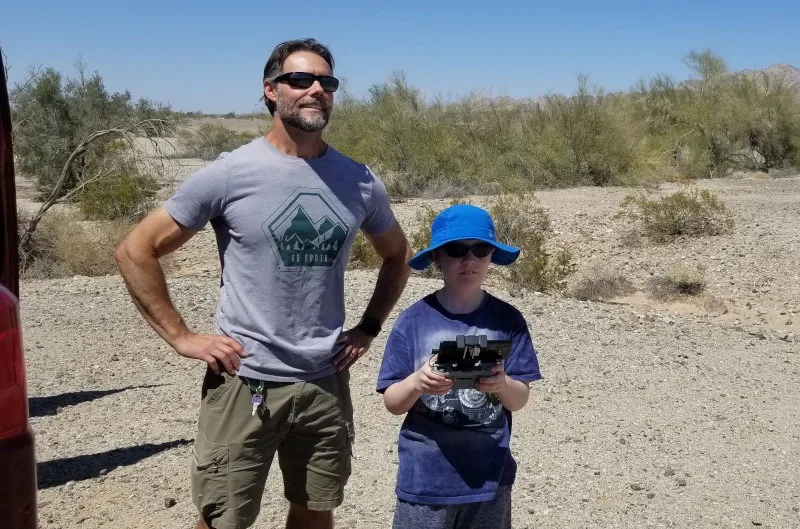
Zach’s intro to a commercial drone pilot’s license.
It’s definitely harder to fit in all of the traditional learning while traveling with school-aged kids.
We move a lot and there are just too many new and interesting adventures.
Before we moved into an RV, learning history was kind of dry and not as interesting to our two boys.
In this RV lifestyle, the boys have learned an incredible amount of history and geography while getting plenty of physical activity!
That totally makes up for the lack of focus trying to teach from a book!
How To Maintain Social Skills Road Schooling
Personally, I cringe at this question about homeschooling in general!
Before life on the road, we owned a successful personal training and physical therapy facility for over 20 years.
Our boys grew up in that facility meeting and conversing with all of our clients, young and old.
Our kids, like us, are introverts, but have no problem conversing with others, especially adults!
They also belonged to a homeschool co-op where they met other homeschoolers once a week and at other meetups (before we traveled full-time).
Please don’t let the fear of a lack of socialization hold you back from road schooling.
If your child needs social interaction, you can easily find it these days.
Facebook has many road school pages and meet-ups.
As an adult, one rarely socializes with just peers their own age!
My husband always interjects the value of a refined skill set for speaking fluently with all types and ages in business. He’s right.
Remember, road schooling doesn’t have to be for forever!
You can always return to traditional school settings when you finish traveling.
It will most likely be for a season or chapter in your life!
Embrace the opportunities you will have road schooling that you won’t get living full-time in your home base.
Are you ready to join the full-time families road schooling club?
Not Sure What You Need For Your RV?
Meet the author.
We appreciate any help in bringing you great content. Donate or buy us a coffee on our Ko-Fi site. Or subscribe to our YouTube Channel.
Thank you so much for being here!

